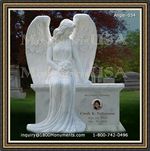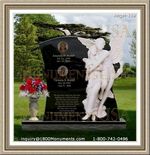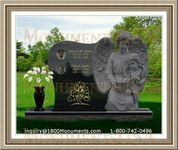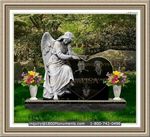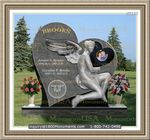|
Details To Learn When Considering Funeral Car Flags
There are many situations which require a bit of planning when dealing making final arrangements for someone who has passed away. One of these is that funerary services are often held at a location other than the cemetery where the body is to be interred. To make sure the transition from one facility to another goes smoothly, funeral flags are usually employed.
When mourners travel as a group from one site to another, it is called a burial procession. In some areas this ritual is carried out on foot as the bereaved wall through the streets carrying the deceased's casket or urn, though it is more common in modern times for the parade to be comprised of vehicles. The body is transported in a hearse which leads the line.
As the one being honored, the deceased is placed in the hearse, which takes the front position. The next place is held by the cars, frequently limousines, that carry the parents, spouse, significant other or children of the departed one. Immediate family will follow the limos and all others mourners will fall in behind them.
Police escorts are often sent to assist the group on their journey and ensure that other drivers do not interrupt the line of mourners. Instead of or in addition to official assistance, the hosting Home may supply banners to each vehicle that identifies their purpose. There are many different styles of these products.
One option is a wide banner that stretches across a vehicle's hood like a ribbon, stating the procession's purpose. Another choice is a pennant that flies from a plastic pole that is held in place by the window of the car's door. An alternate version of the flag is a style that uses a magnetic base to hold firmly to the automobile's roof or body.
Products of this type typically stand nearly a foot tall and use flexible staffs to prevent breakage from strong winds. The banners are usually about 6 x 9 inches which makes them easy to see. Color options may vary with some of the more common options being purple, white and orange, all with contrasting crosses centered on them.
|
|























